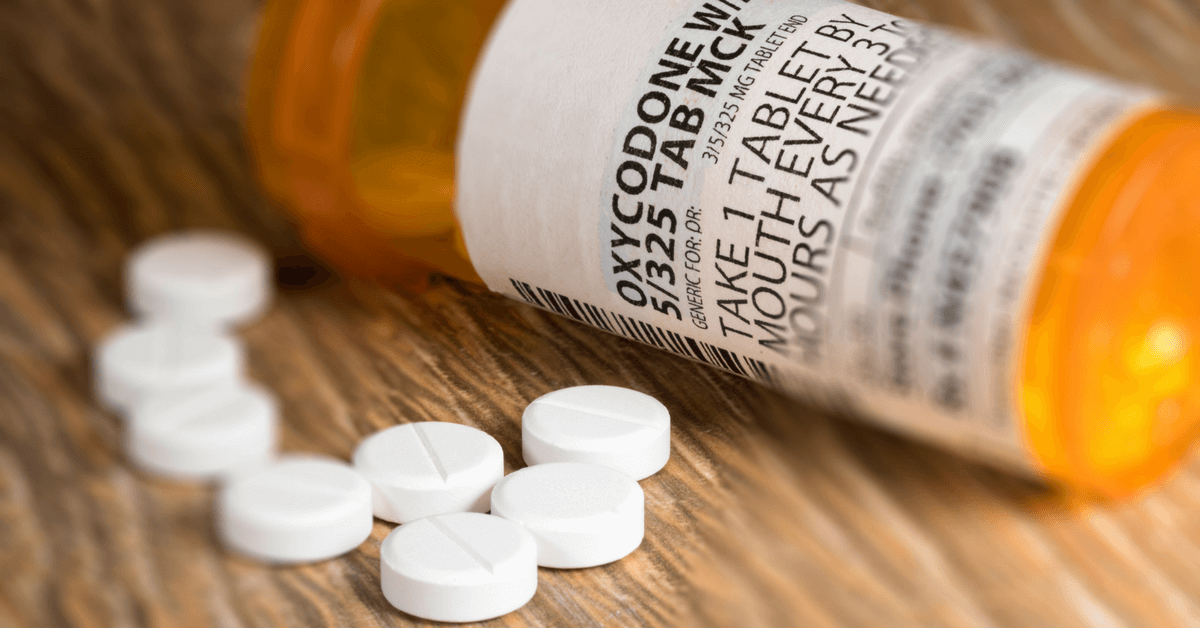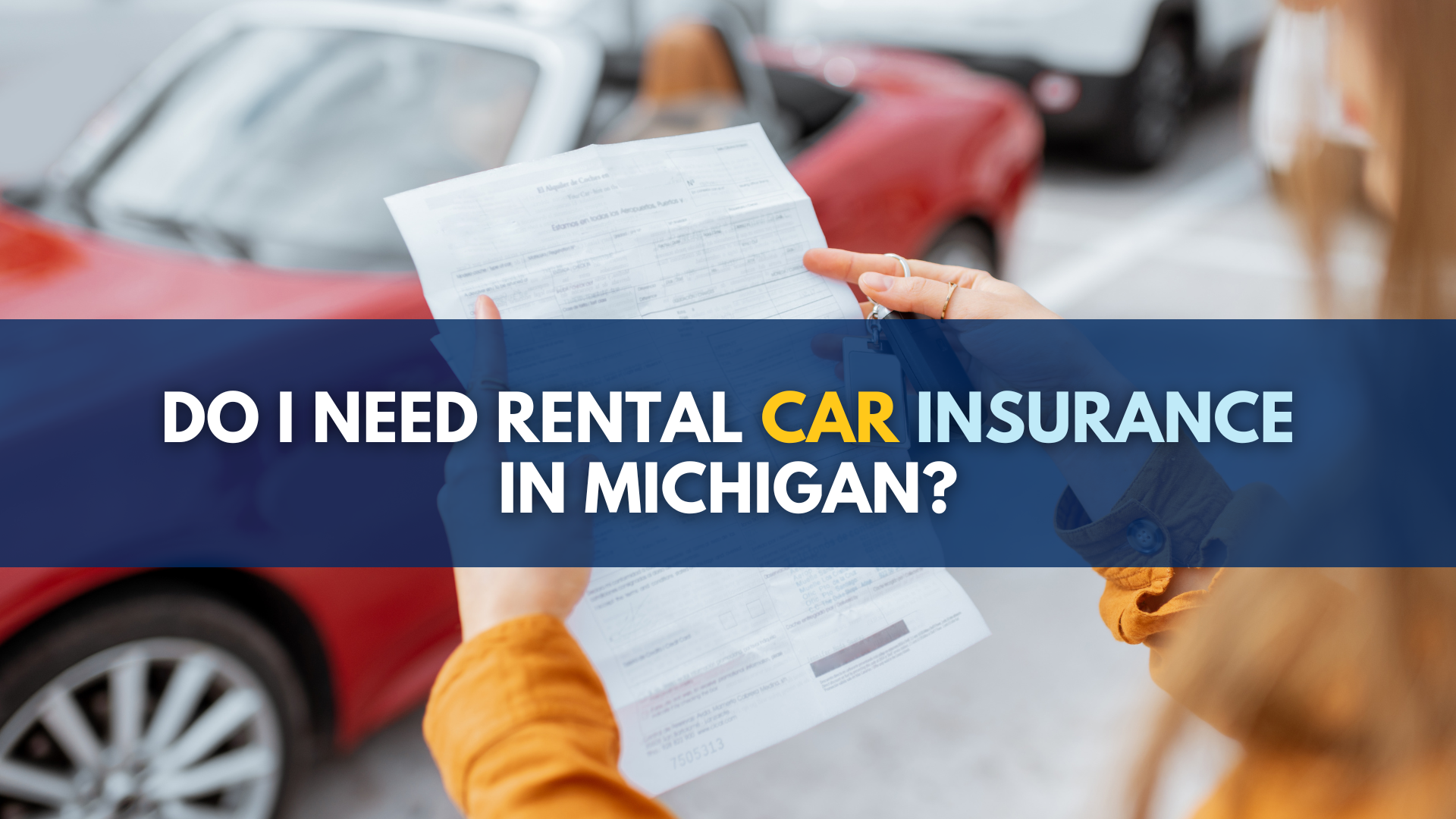Unlike medical cannabis, opioids have led to a national crisis of death and addiction

Michigan’s auto No Fault insurance covers opioids — which kill 100 Americans a day.
But auto No Fault won’t cover medical cannabis (also referred to as medical marijuana) to treat a car crash victim’s chronic pain, even though opioids are prescribed for the same purpose.
Both are legal medications and both are effective at helping to relieve pain.
But unlike medical marijuana, which not only is safe but is shown to have anti-inflammatory and neuro-protective properties, opioids will kill more than 650,000 Americans over the next decade, if current trends continue. That’s nearly as many people who will die from breast and prostate cancer during that same 10-year period. Here’s what we know about dangers of opioids:
- Opioids are so dangerously addictive that, in 2014, Michigan’s Workers’ Compensation Agency enacted a new administrative rule, R 418.101008a, for when “opioid treatment” is used to treat an injured worker’s “chronic pain.” Specifically, if opioid treatment is to continue beyond 90 days after the initial prescription is filled, then the rule requires detailed, written doctor’s reports every 90 days to justify the continued treatment. The issues to be addressed in the reports includes: explaining “why prior or alternative conservative measures were ineffective or contraindicated”; discussing “factors that may significantly increase the risk of abuse or adverse outcomes”; creating a treatment plan that includes “periodic urine drug screens” and “consideration of weaning the injured worker from opioid use”; and making an “opioid treatment agreement” between the worker and the treating physician that “outline[s] the risks and benefits of opioid use, the conditions under which opioids will be prescribed, and the responsibilities of the prescribing physician and the worker.” (Workers’ Compensation Health Care Services Rules, LARA/Workers’ Compensation Agency, 12/17/2014)
- In June 2015, Gov. Rick Snyder created the Prescription Drug and Opioid Abuse Task Force.
- In October 2015, the Prescription Drug and Opioid Abuse Task Force released its “Report of Findings,” which showed that: (1) “44 people die in the United States every day from an overdose of prescription painkillers [opioid analgesics] more than cocaine and heroin combined”; (2) “Opioid painkillers such as oxycodone, hydrocodone, and methadone have been identified as one of the primary reasons for the tragic increase in prescription drug overdose deaths, and they are being prescribed in the United States at an unprecedented rate”; (3) “Overall, 4,772 Michigan residents died from 2009 to 2012 due to unintentional or undetermined intent poisonings. This equates to a rate of 12.3 deaths per 100,000 residents. Of these overdose deaths, 19.4% were definitively opioid-related, more than any other category of drugs”; and (4) The “number of emergency room visits also is an important measure of opioid abuse. Michigan hospitalizations involving opioids more than doubled from 2000 to 2011 from 9.2 to 20.4 per 10,000 population.”
- In June 2016, Gov. Rick Snyder issued Executive Order 2016-15, which created the Prescription Drug and Opioid Abuse Commission. It will, among other things, “[d]evelop and propose policies and an action plan to implement the recommendations” in the “Report of Findings and Recommendations for Action from the Michigan Prescription Drug and Opioid Abuse Task Force dated October 26, 2015 …”
- In May 2017, the Michigan Attorney General announced the creation of his office’s Opioid Trafficking and Interdiction Unit, which prosecutes cases of delivery and/or possession of large amounts of opioid-based drugs.
- On August 10, 2017, President Trump declared that the U.S.’s “opioid crisis” is a “national emergency,” even while contemplating dangerously deep cuts in Medicaid for opioid treatment — and as of last week at least appointing a congressman to be the Opioid Drug Czar who was to protect opioid manufacturers.
- On August 15, 2017, Snyder issued Executive Directive 2017-2, which created a Council on Opioid & Prescription Drug Enforcement. Lt. Gov. Brian Calley noted: “The opioid epidemic is destroying lives and families every day … It is an emergency and we need to go above and beyond to combat it.”
- On October 12, 2017, Wayne and Oakland counties announced they were suing “multiple drug manufacturers and distributors alleging the deceptive marketing and sale of opioids — a dangerous, highly addictive and often lethal class of painkillers, including OxyContin and Fentanyl,” according to a press release. Noting that “opioid‐related deaths continue to climb and opioid‐related addiction continues to devastate communities across the country,” the counties explained: “[M]ore than 183,000 people died in the United States between 1999 and 2015 from overdoses directly related to prescription opioids. In 2016, opioid‐related deaths in Wayne County alone totaled 817, up from 506 in 2015, a 61% increase. Opioid related deaths in Oakland County increased 267% from 9 deaths in 2009 to 33 deaths in 2015.”
The auto No Fault double-standard persists with medical marijuana for car accident victims
Yet, despite all we know about the dangers of opioids, the No Fault double-standard persists with respect to medical marijuana.
As a result, the health of car crash victims suffering from severe and chronic pain is further jeopardized by forcing them to use a medication that’s notoriously addictive and one of the “primary reasons for the tragic increase in prescription drug overdose deaths” in the U.S.
Is medical cannabis legal in Michigan?
Yes. People who have been lawfully registered — as required by the Michigan Medical Marihuana Act — are protected in their “medical use of marihuana” or cannabis. (MCL 333.26424)
Is medical cannabis covered by No Fault medical benefits?
No.
Michigan’s No Fault law provides that “[a]n insurer shall not be required to provide coverage for the medical use of marihuana [i.e., cannabis] or for expenses related to the medical use of marihuana [i.e., cannabis].” (MCL 500.3107(2)(b))


